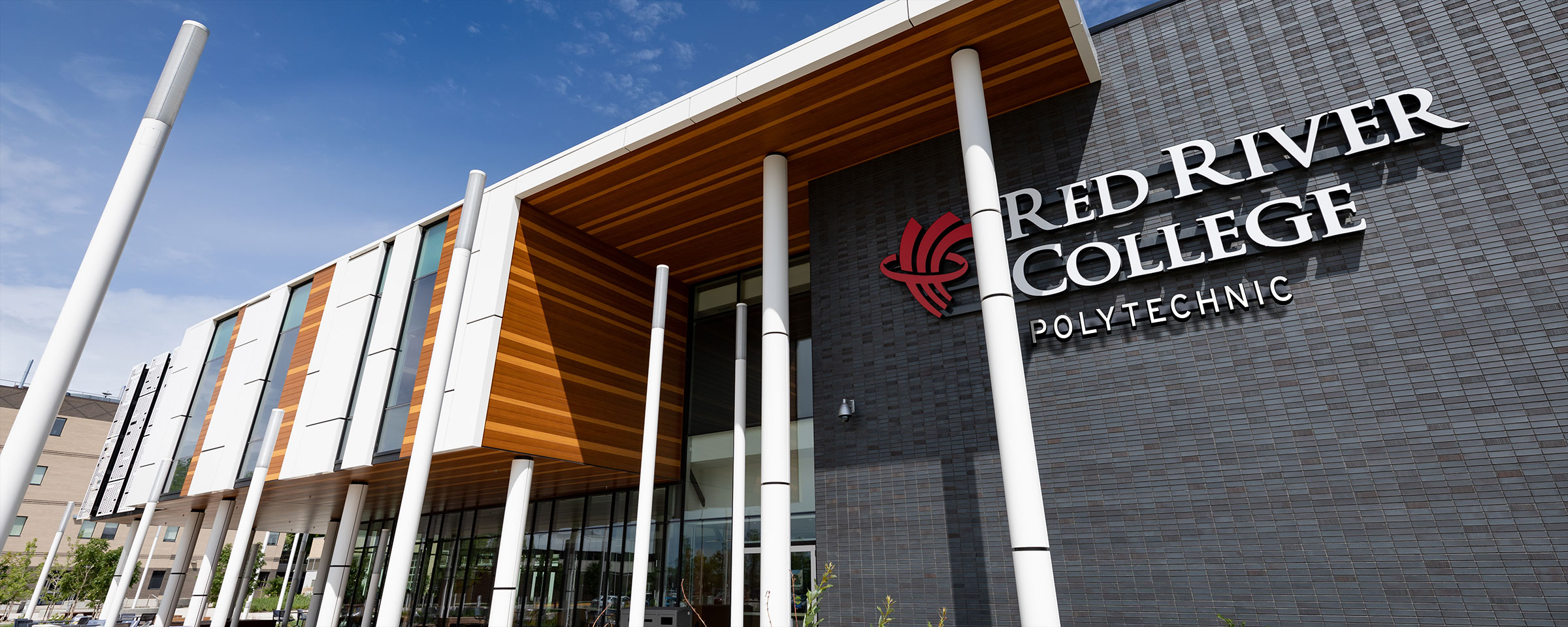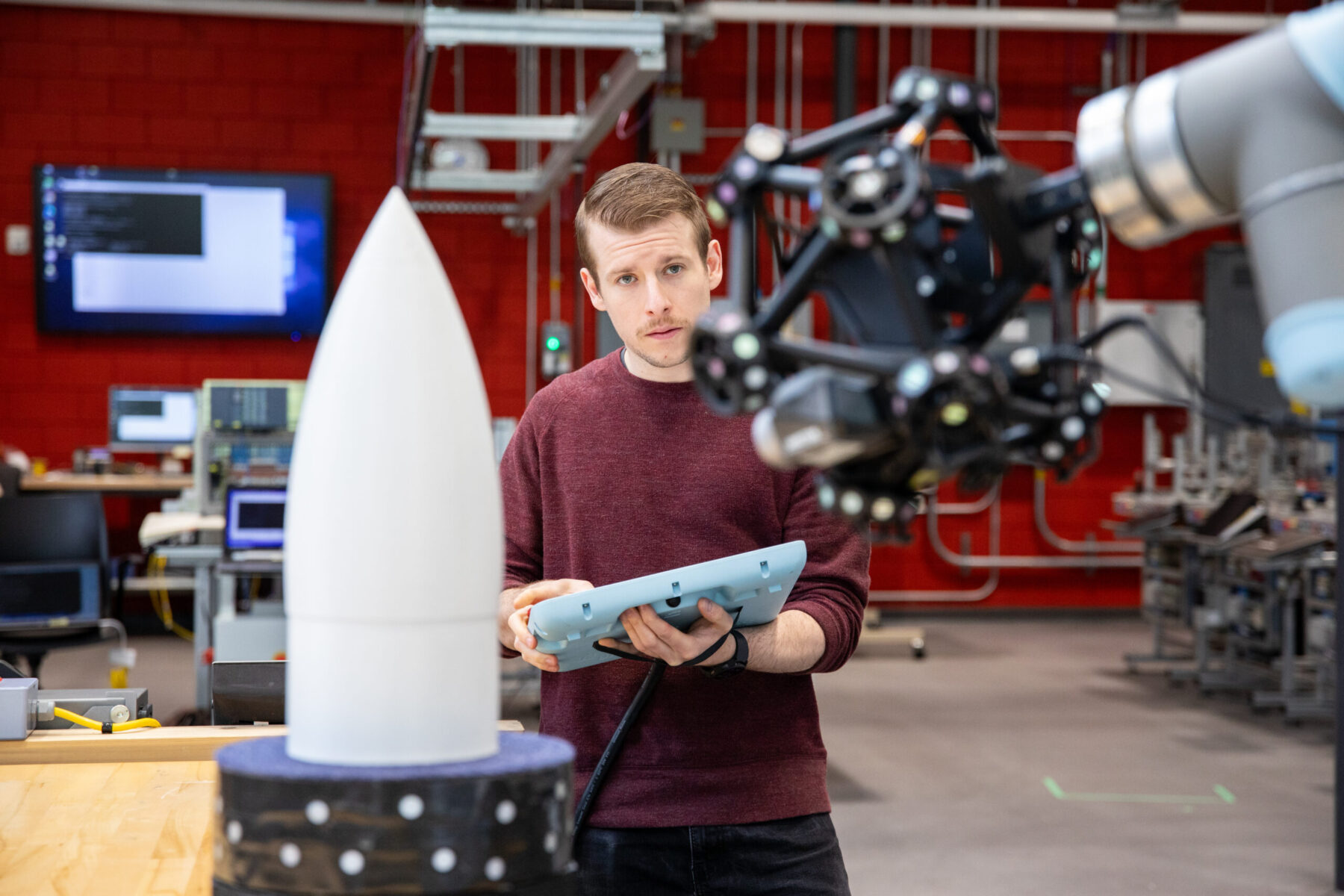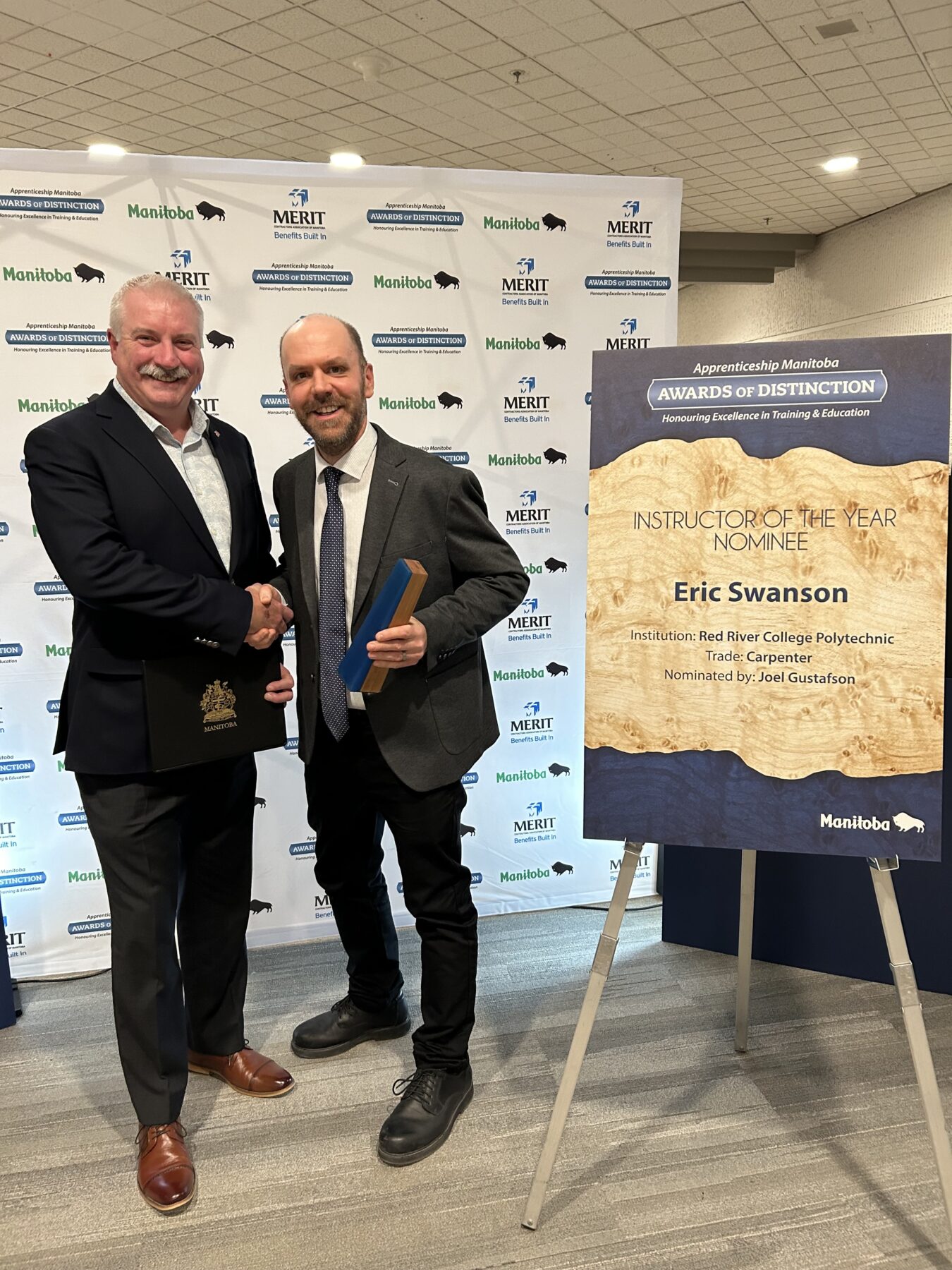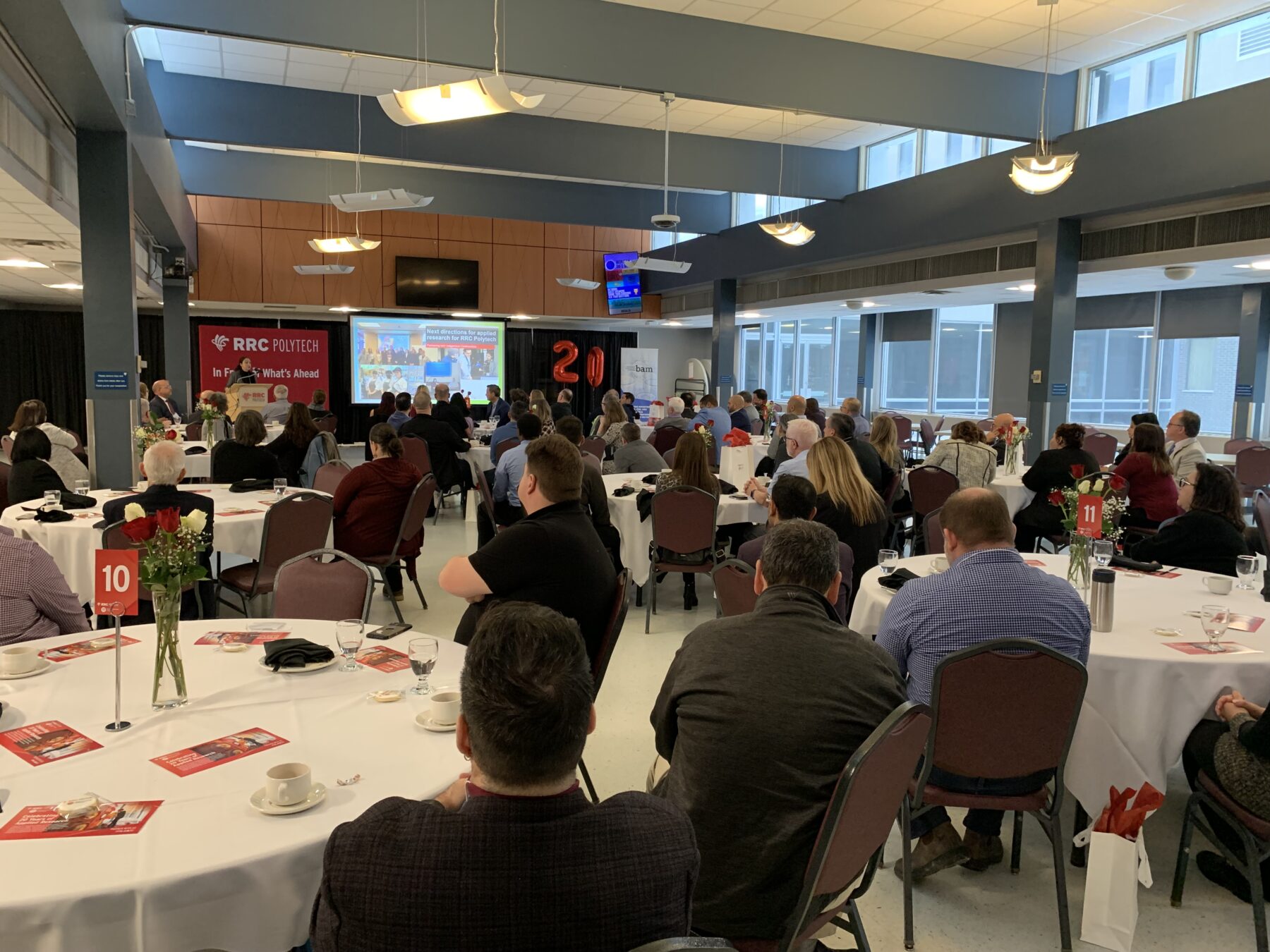Manitoba Government invests in Aerospace including support for RRC Polytech
Today, the Province of Manitoba announced a $17 million investment in the province’s aerospace sector through Magellan Aerospace, including support for Red River College Polytechnic (RRC Polytech).
The funds – an $8-million grant and a $9-million loan – will establish a state-of-the-art machining centre, support ongoing collaboration with RRC Polytech, and establish a new test environment that will support new space product development. Business, Mining, Trade and Job Creation Minister Jamie Moses noted that the investment will create 64 new highly skilled jobs for Manitobans and will also benefit 150 students per year through integrated learning opportunities.
“RRC Polytech is here to help industry partners, like Magellan Aerospace, grow Manitoba’s aerospace and advanced manufacturing sectors,” said Fred Meier, President and CEO, RRC Polytech. “Today’s announcement reinforces Magellan’s commitment to working with us toward these goals and supporting our learners’ success. Together, we’ll immerse our students in experiences – in the classroom, in applied research, in the workplace – that ensure they’re career ready. Through this investment we’ll introduce them to emerging technologies and provide Magellan and others with highly skilled graduates.”
Learn more through about the impact this investment will have through the media release posted to the Government of Manitoba’s website.








